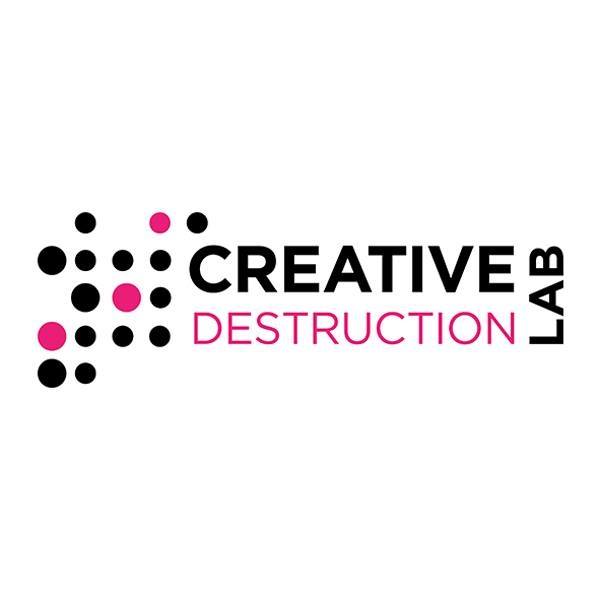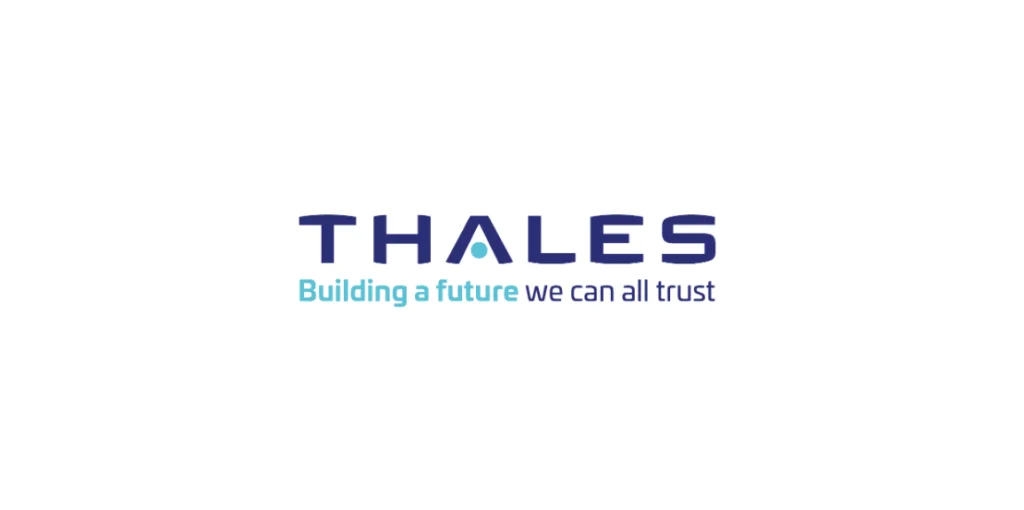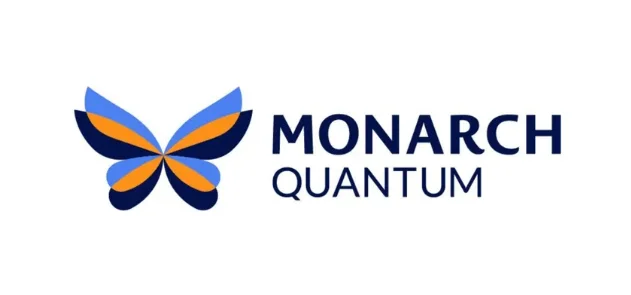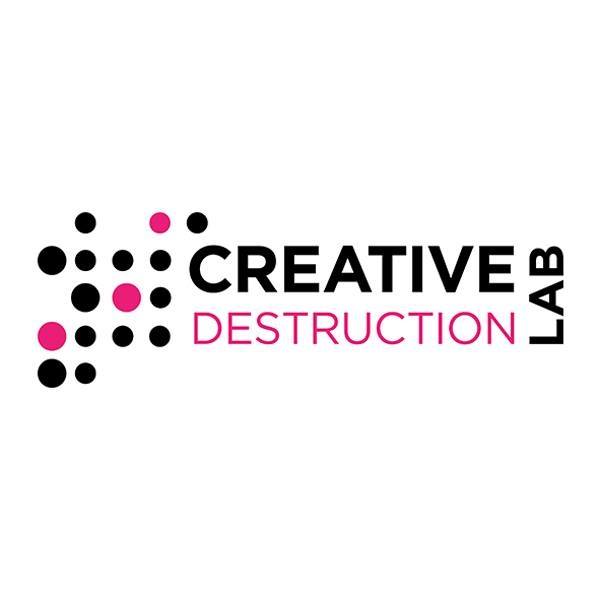
In many ways, building a startup in the quantum computing industry is no different from bringing any other business idea to scale. But, in a few extremely important ways, quantum startups need special consideration.
Creative Destruction Lab (CDL), a Toronto-based entrepreneurship program, understands both the general needs of a business startup and the special needs of quantum business startups. And the team is poised to use that unique formula to help accelerate the quantum businesses in their lab, as well as help take a step toward their aspirational goal of turning Toronto into the Quantum Silicon Valley.
According to Khalid Kurji, lead of Creative Destruction Lab’s Quantum stream, the success of CDL’s ability to turn founders of any type of business into business leaders, all starts with an intense focus on the most important tasks, something the lab refers to as business judgment.

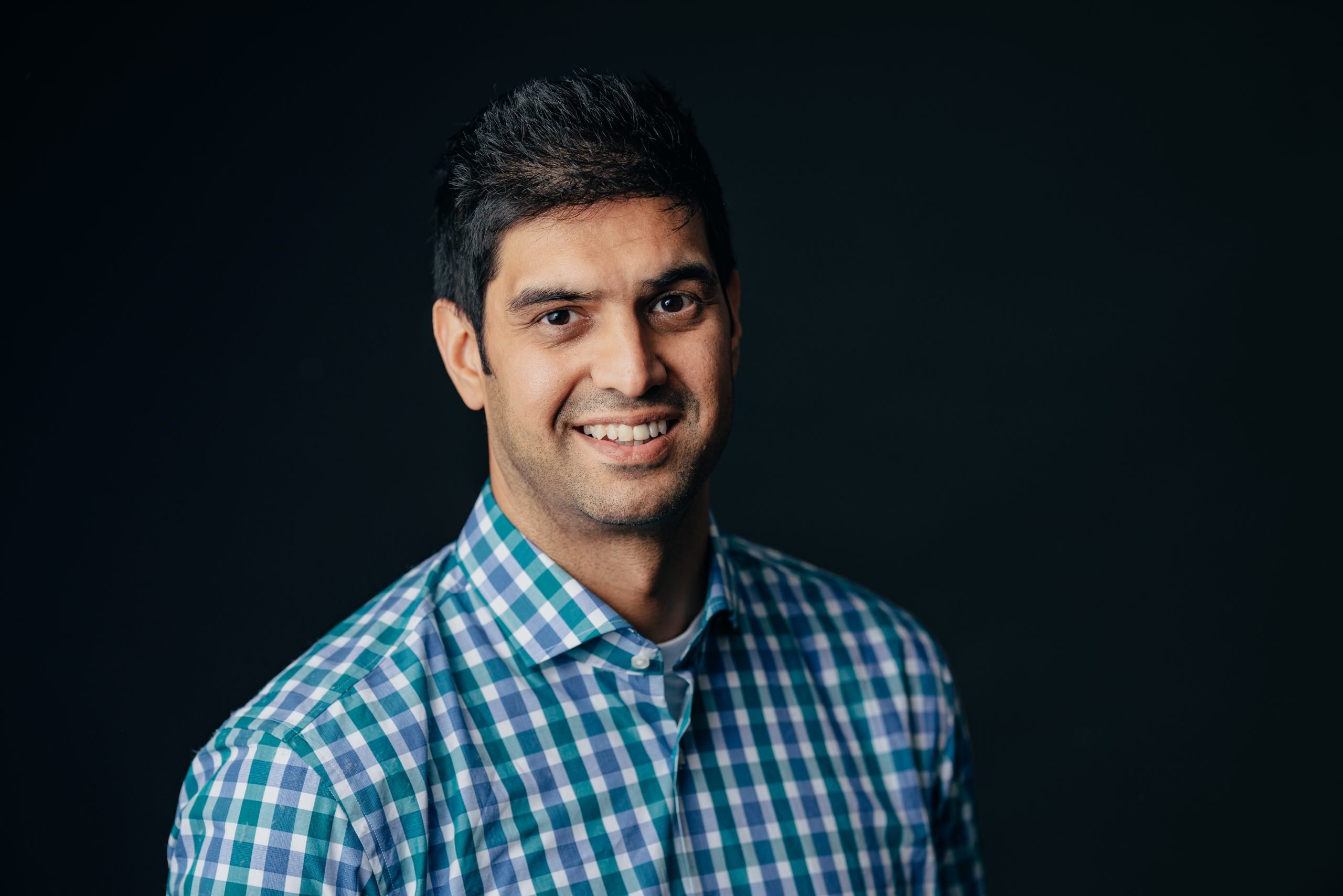
“If you’re an entrepreneur, you wake up every day with a thousand things to do, of which, you can only do about three, realistically,” said Kurji. “But, picking out those three tasks is extremely difficult and business judgment is knowing which three to pick and that basically comes from experience.”
Because current business leaders have honed their business judgment through experience and first-time founders have not had that chance, CDL has engineered a space and a process to facilitate that knowledge transfer. They pull in mentors, usually select entrepreneurs and angel investors, to mentor the lab’s founders.
Every two months, the program’s startup founders meet with mentors in intense day-long sessions. In the afternoon session, the mentors assess progress and decide which three things the founders should achieve in the next two months to help it become massively scalable.
At the end of the session, however, at least one company gets cut.
A Quantum Approach
The mentors, in general, have a track record of success, according to Kurji. They have experience with creating or investing in successful businesses that they exited in the multi-million dollar range. The mentors for quantum businesses, however, have some additional experience.
![]()
“On the quantum side, it’s similar, but we also expect our quantum mentors to have some expertise in quantum industries and quantum technologies — and a lot of patience,” said Kurji. Because quantum technology is just ramping up, the lab recognizes that it will take longer for quantum businesses to hit the market.
Currently, the pool of quantum companies is — not surprisingly — smaller than the rest of the technologies represented in CDL. What bodes well for quantum startups at CDL, however, is that the lab has a solid record of success. Several non-quantum companies have graduated from the program and raised significant A- or B-round funding.
A couple examples of the companies found in CDL’s quantum stream include Entropica Labs, Qubit Engineering and ProteinQure.
Same Rigor, Quantum Focused
Although CDL stresses the same rigorous approach to scaling businesses for its stream of quantum companies as it does its classical startups, the business team also understands that the quantum industry is in its embryonic stages and needs a slightly different approach.
“For quantum we realized that it is very early for the technology, so we had to grapple with the fact that there wouldn’t be that many startups to fill up a stream on a yearly basis,” said Khalid. “For quantum we adjusted the formula slightly and we don’t recruit companies, we recruit potential founders.”
CDL also recognizes that founders of quantum companies face three barriers to entry. CDL answered with a strategy to address each barrier:
- They need access to hardware, which is expensive, so CDL partnered with established quantum companies, such as D-Wave Systems, Rigetti, IBM and Xanadu.
- They need training on that hardware, so CDL built a training and mentorship program.
- They need funding. The lab established investment partnerships that invest in companies to help them get off the ground in the first year.
Currently, CDL is open to startups from all over the spectrum of quantum technologies, including quantum hardware and software businesses. They are also open to different markets and industries that will most likely be impacted by quantum technology, such as drug discovery and materials sciences.
CDL is a non-profit, funded mostly by philanthropy through corporate partners, Canadian government and private donors. CDL currently has six locations, including Vancouver, Calgary, Toronto, Montreal, Halifax and Oxford. They expect to expand to more locations and establish a growing global presence in the near future.

